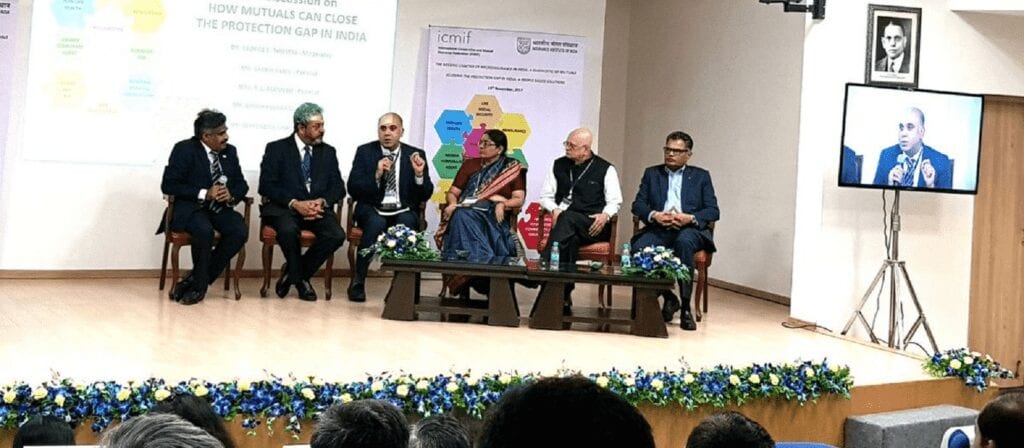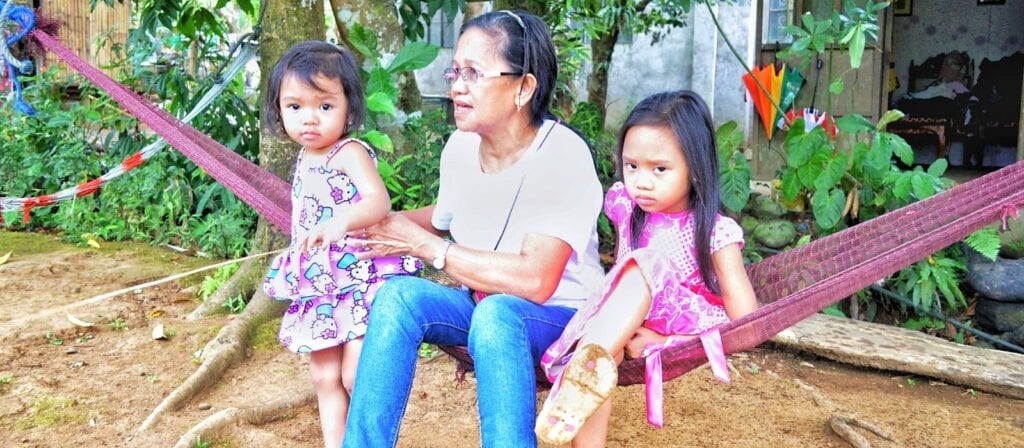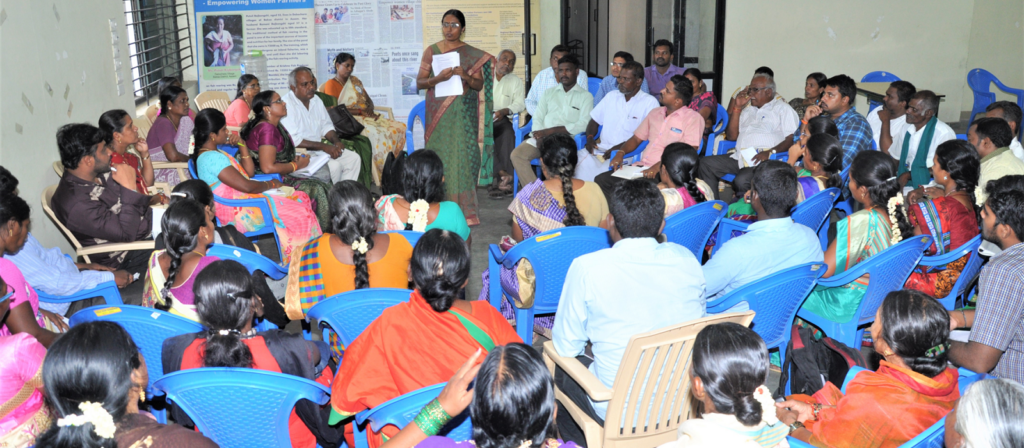Manchester, UK, Monday 17 July 2017: A first-of-its-kind report on mutual and cooperative microinsurance in India entitled The missing chapter of microinsurance in India: a diagnostic of mutuals has today been published by the International Cooperative and Mutual Insurance Federation (ICMIF) and Insurance Institute of India (III). This country diagnostic study was conducted as part of the ICMIF’s 5-5-5 Mutual Microinsurance Strategy. The 5-5-5 Strategy aims to provide mutual microinsurance solutions to 5 million low-income households, in five emerging markets (India, Philippines, Kenya, Colombia and Sri Lanka) over the next five years. It is hoped that this will equate to 25 million previously uninsured people having insurance cover as a result.
Despite insurance-based social security schemes, a large section of the Indian population remains excluded from insurance cover with insurance penetration at just 3.44% and the penetration in non-life static at 0.5-0.8 % over the last 10 years (Source: IRDAI annual report 2015-16). With about 600,000 cooperatives in the country with a collective membership of over 250 million people, the potential for developing mutual and cooperative insurance for the poor in India is enormous.
The study found that there are 15 mutual and cooperatives, operating across 13 states, which are providing insurance-like services to approximately 1 million low-income people using risk retention or risk sharing models. The mutual model can be found all over India except for the North Eastern states; most have their presence in rural India while a handful of them also have a presence in some urban slums. Over 90% of the policyholders are women, which makes these schemes very similar if not on a par with other financial inclusion products. A distinct Alternative Risk Management (ARM) model exists whereby mutuals and cooperatives provide solutions (with the provision of services including health education, negotiated services in affordable hospitals, funeral support etc.), which transcend the typical realm of commercial microinsurance.
Dr. George E. Thomas, Professor at the College of Insurance of III comments that “The Institute is very pleased with the outcome of the partnership with ICMIF. The report produced as a result of this extensive research is a great stepping stone in shaping the future of the microinsurance sector in India and the findings showcase the need for developing the mutual and cooperative insurance model so that it can reach out to low-income and excluded households. We have seen local Mutual, Cooperative and other Community-based Organisations (MCCO) coming together to share their knowledge and experiences on the ground and we are hoping for a change in the regulatory environment to enable the expansion of those programmes focusing on the low-income segment”.
Key recommendations from the study include creating broad models of self-regulatory organisations (SROs) with robust governance systems, allowing MCCOs to take reinsurance capacity where required from commercial insurers and need for significant support to scale-up and be sustainable.
Patel, CEO of the ICMIF Foundation* explains: “This country diagnostic study highlights the potential role that mutual microinsurance can play in closing the protection gap in India. ICMIF believes very strongly that, done in the right way, mutual microinsurance can be a powerful asset to the insurance industry and most importantly deliver real impact on livelihoods. The focus on community needs and finding community solutions will empower people to take control of their own lives and that of their families. Mutuals strive to build long-term resilience for the poor through education, access and risk reduction strategies – it is not just about selling insurance in the short term it is about developing a range of appropriate risk coping and risk mitigation strategies for the long term.
The full report and highlights of the study are publicly available for download.
*The ICMIF Foundation was incorporated in 2015 as a charitable organization to undertake the 5-5-5 Mutual Microinsurance Strategy. The ICMIF Foundation Board is responsible for the governance of the 5-5-5 Strategy since April 2017.
ENDS
Photo shows: Claims meeting of Uplift Mutuals (India) in Rajasthan
For more information or to arrange interviews, please contact:
Sabbir Patel, CEO, ICMIF Foundation, [email protected] +44 161 952 5059
Dr. George E. Thomas, Professor, College of Insurance, Insurance Institute of India (III), [email protected] + 9122 26541161
About the mutual and cooperative insurance sector in 2015
- The mutual sector holds 26.7% of global insurance market share by premium.
- Premium growth of the mutual and cooperative insurance sector since 2007 is 20.2% vs 8.3% in industry.
- Mutual and cooperative insurers collectively represented USD 7.9 trillion in total assets.
- Employment in the sector accounts for more than 1.12 million jobs.
- Over 988 million people are served as member/policyholders by mutual/cooperative insurers.
About ICMIF (see www.icmif.org)
- ICMIF holds nine years’ worth of exclusive data about the mutual sector
- With its global headquarters in the United Kingdom and regional offices in Washington DC, USA; Tokyo, Japan and Brussels, Belgium, today ICMIF represents 290 values-based insurers in 75+ countries. ICMIF
- Follow ICMIF on Twitter at @ICMIF_Micro and @ICMIF_Web
About the Insurance Institute of India (III) (see www.insuranceinstituteofindia.com)
The Insurance Institute of India (III), was established in the year 1955, for the purpose of promoting insurance education and training in India. III courses leading to Associate/ Fellow (AIII/FIII) certifications, specialized Diploma and training programs conducted by its College of Insurance are held in esteem both by the regulator and the industry in India and in many other countries. In its role as a leading education and training provider, III is closely associated with all the segments of the insurance industry which includes the Insurance Regulatory and Development Authority of India (IRDAI), both public and private sector insurance companies. III is Member of the Institute of Global Insurance Education (IGIE) and involved with global bodies like the International Insurance Society (IIS) and the Insurance Development Forum (IDF) in addition to several universities in India.


